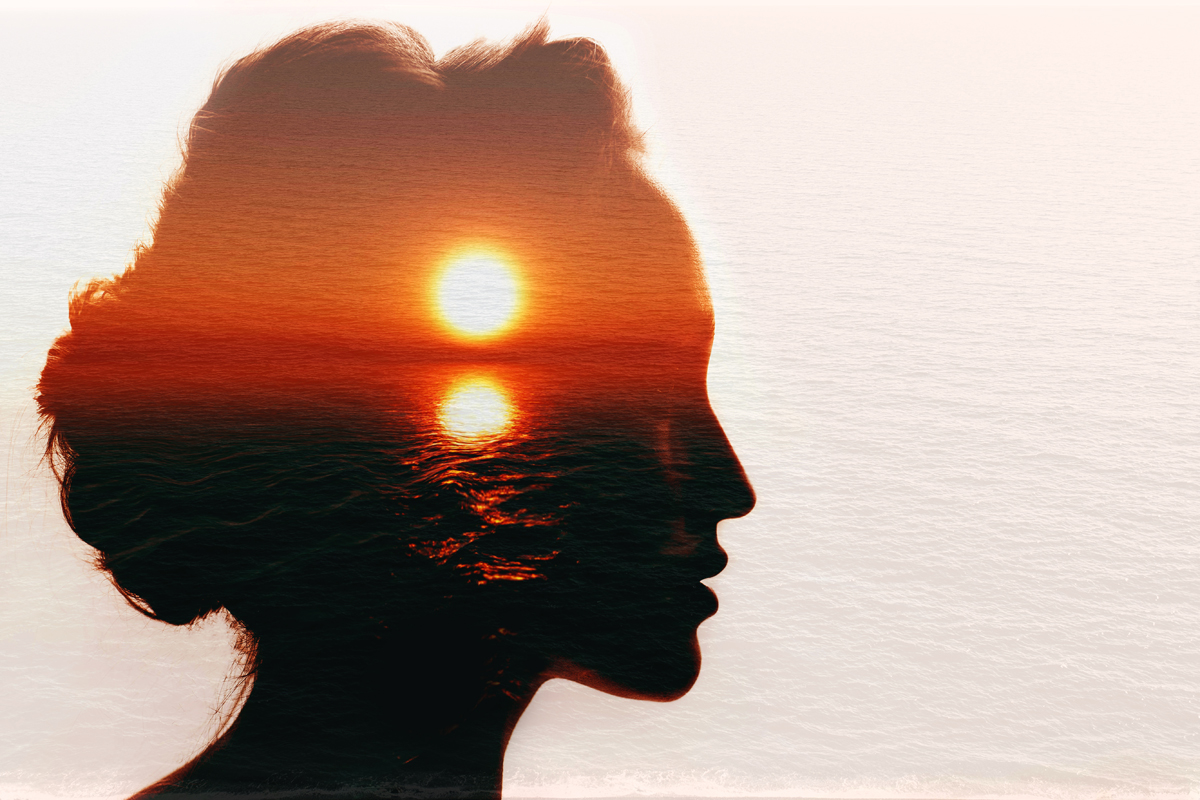Understanding Our Unconscious
By Lookout Production on Sep 16, 2023 with Comments 0

“When there is a lack of relationship between our conscious and unconscious sides, we are living a life outside of harmony.”
Thomas Goenczi
Lookout contributor
—
We spend so much time moving through life unaware of every moment or action that it’s difficult to differentiate which of our behaviours are conscious and what are deeply entrenched unconscious reactions to the world.
We’ve all experienced the unconscious; some might be doing it while reading this as your mind trails off to a more decadent fantasy, letting your unconscious take in this information. The unconscious is the unknowable part of ourselves, the deep and boundless inner universe that our ego lacks awareness of.
Current scientific studies estimate approximately 95 per cent of brain activity is unconscious. Included in the unconscious are formed habits and patterns, automatic body functions such as digestion and breathing, creativity, emotions, personality, beliefs and values, cognitive biases, and long-term memory.
We overlook our unconscious because it is truly out of our awareness. Our ego, the seat of our conscious awareness, is merely a cork bobbing on the vast ocean of the unconscious. Yet, when there is a lack of relationship between our conscious and unconscious sides, we live a life outside of harmony. Our unconscious drives and impulses dictate how we go through life. In the words of the Swiss psychiatrist Dr. Carl Jung: “Until you make the unconscious conscious, it will direct your life, and you will call it fate”.
So, how do we build a relationship with our unconscious? An excellent place to start is a simple observation: noticing the subtle trends in our behaviour.
An evocative emotion is sweeping up a common manifestation of the unconscious. We see this in sudden outbursts, such as arguing with our partner over a simple request like taking the garbage out.
This simple reactive emotion can quickly turn into a mood, which forms a dark cloud over our psyche. After the cloud dissipates and we reflect on what happened, we realize we weren’t ourselves. An unconscious mode of reaction took us over. Once that realization is made (whether by us or our partner), we can reflect on the unconscious causes of this emotional outburst. The process can take days, and sometimes months, to fully understand the causal factors behind this unconscious outburst.
It is often said that contemplation is the purification of the unconscious. When we look to excavate the root cause and follow the threads that cause our unconscious thoughts, emotions, and patterns of behaviour, we can work to shift how we move through life. However, this is a lifelong venture. We must constantly try to shine our spotlight on the dark unknown of our psyche to build a strong foundation for our relationship with the unconscious.
The unconscious is a powerful place, yet we often resist its power. The ego craves control and will stop at nothing short of tyranny to achieve its conquest. Yet, the unconscious will still find its way out and ensure it speaks its peace. So, it then becomes our duty to develop a working alliance between the two. This allows for reciprocity, understanding, and growth.
To move through and beyond our growth challenges, we must recapitulate our relationship with the unconscious. By cooperating with and consulting with our unconscious, we bring balance and equilibrium into our psyche, thus bringing back control and insight into our lives. When we know we have power, we walk through life with confidence and understanding that translates to living a fuller and whole existence.
Thomas Goenczi is an RCN Veteran and MA Clinical Counsellor with Private Practice: Well Then Therapy.
The content is not intended to substitute professional advice, diagnosis, or treatment. Always seek the advice of your mental health professional or other qualified health provider with any questions regarding your condition.
Filed Under: Top Stories
About the Author:





